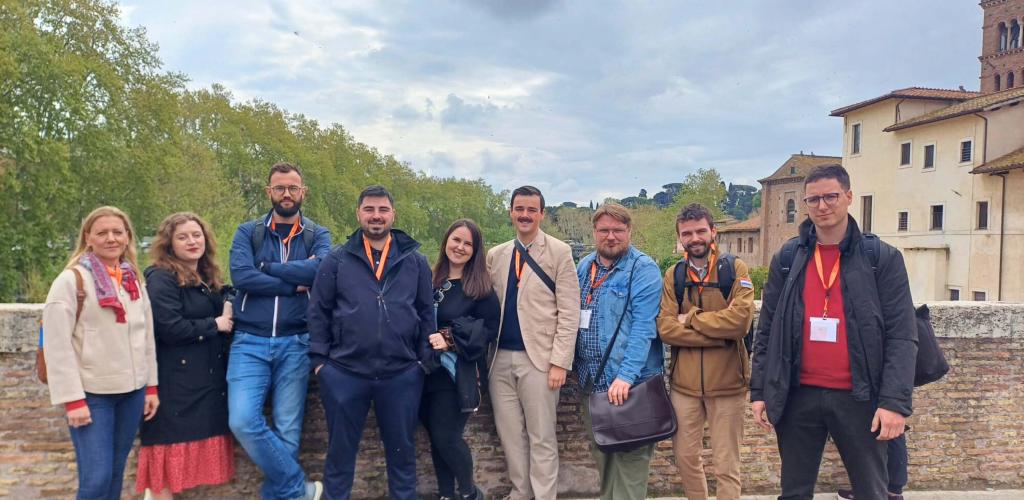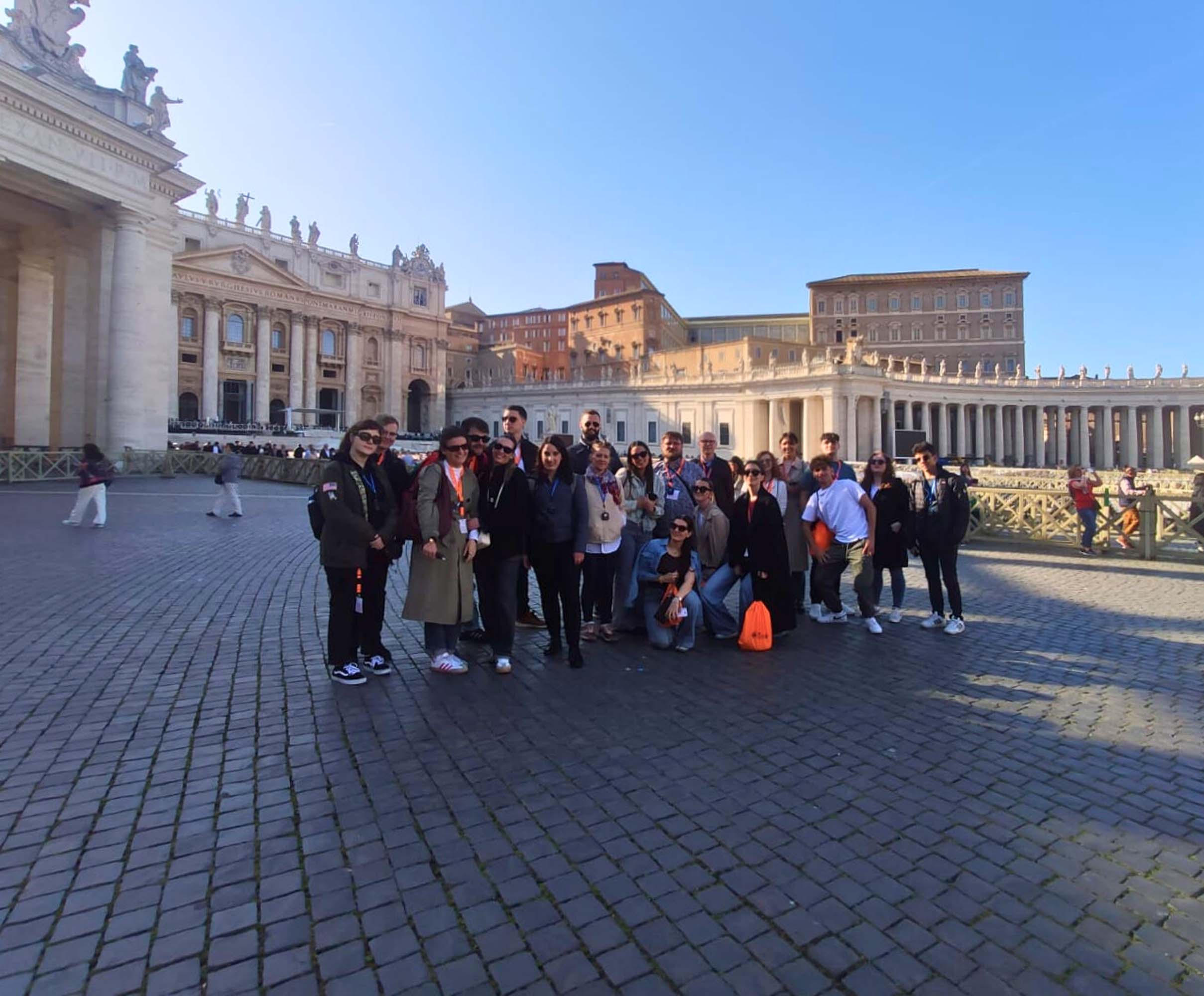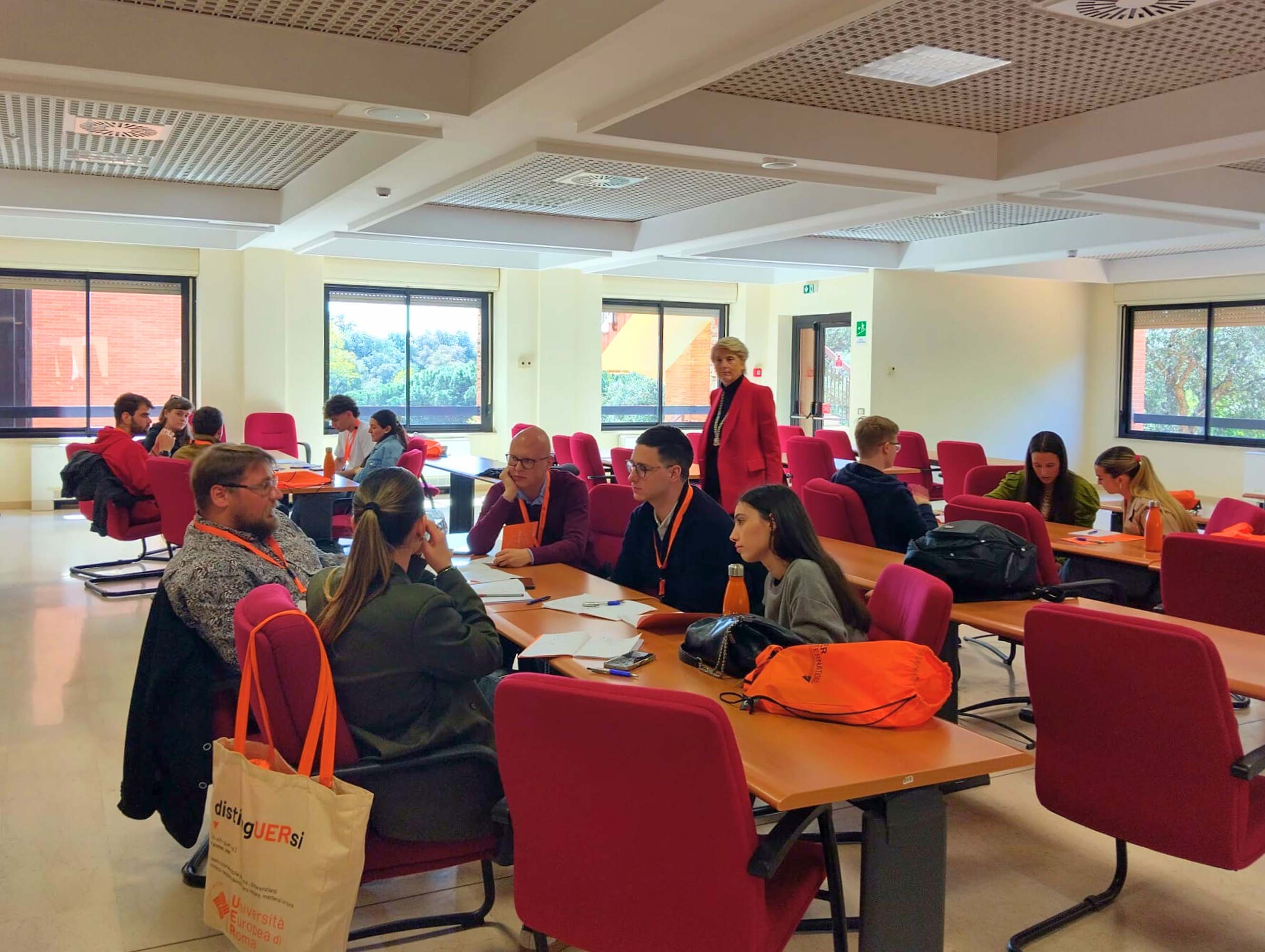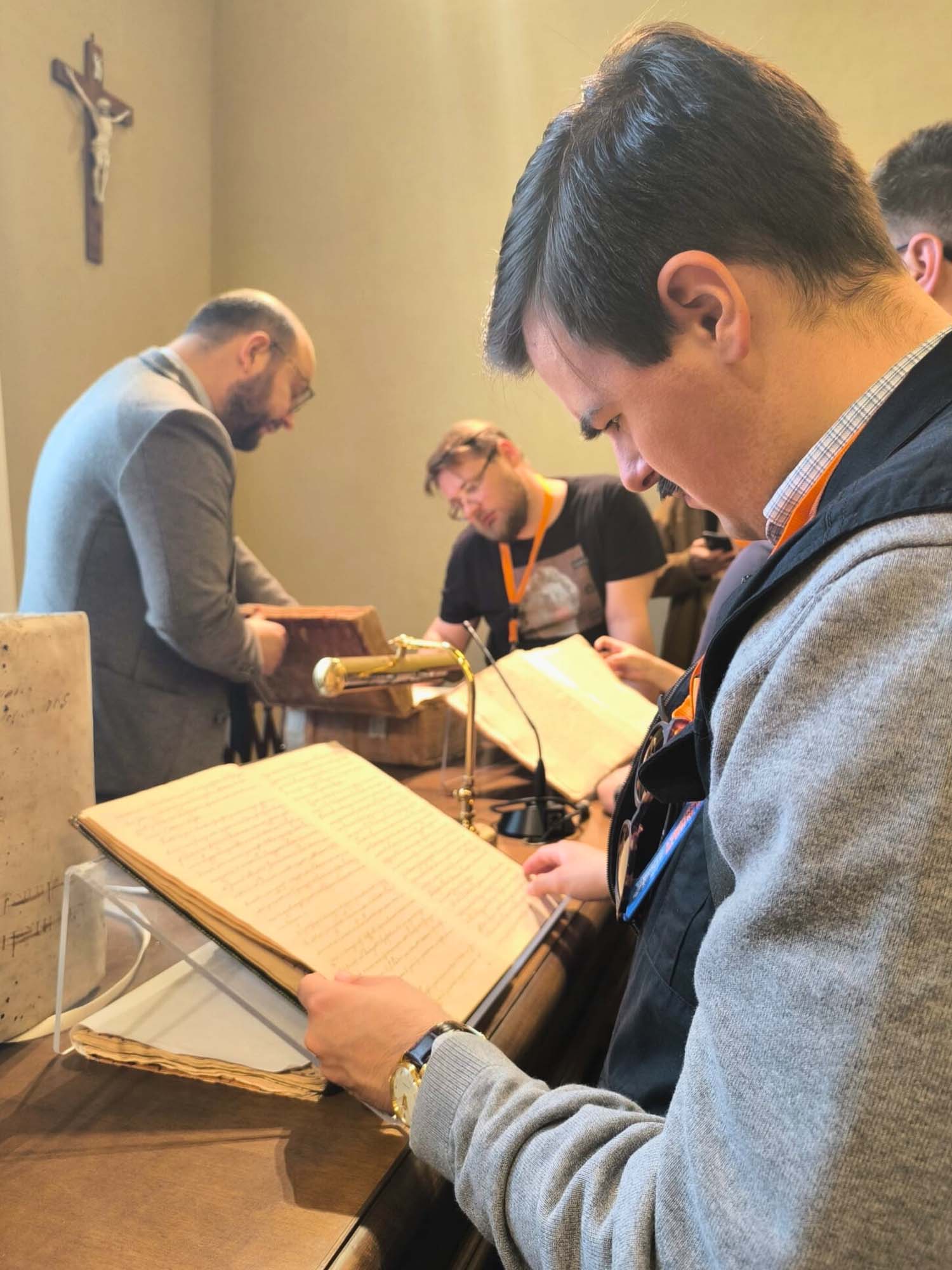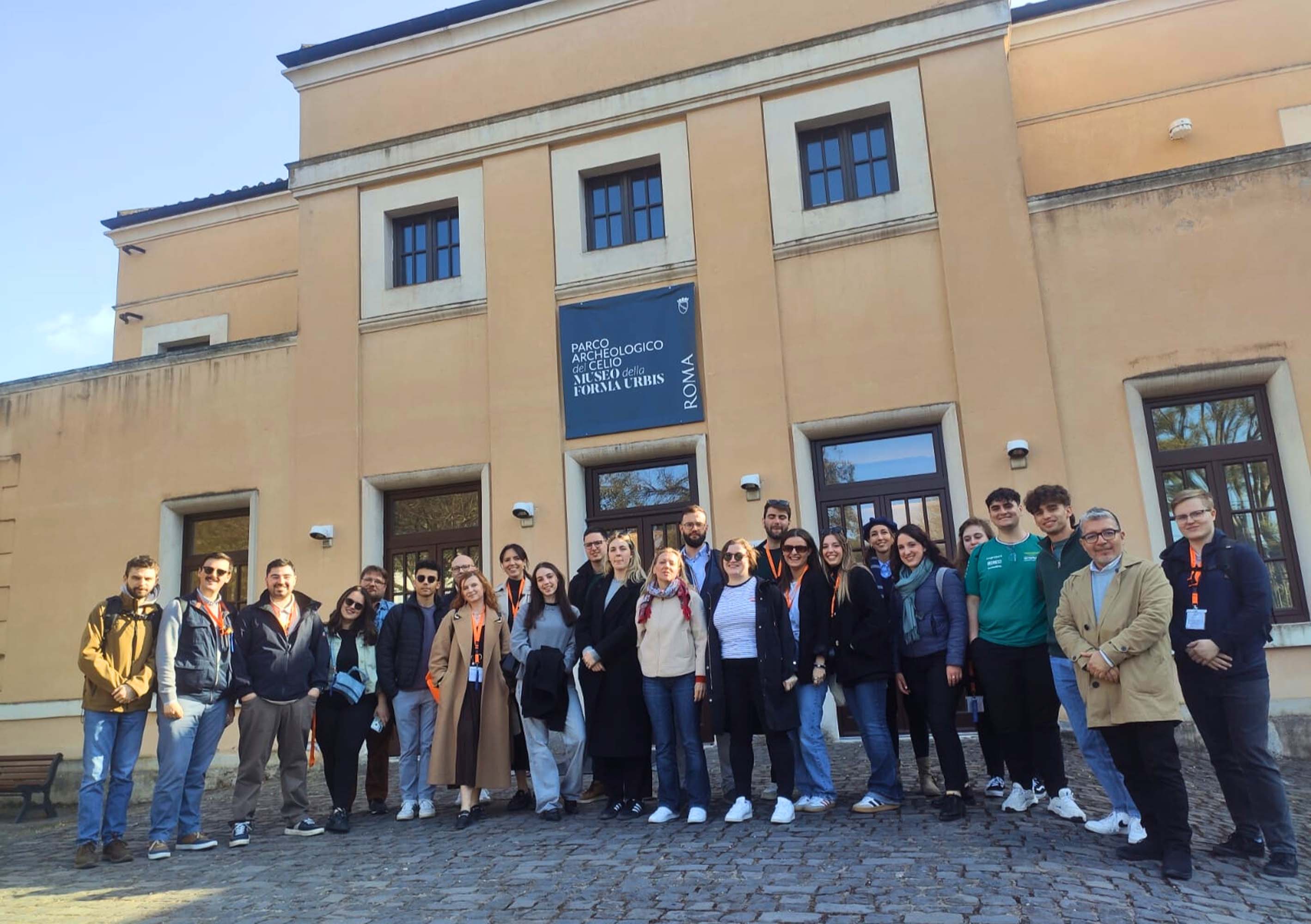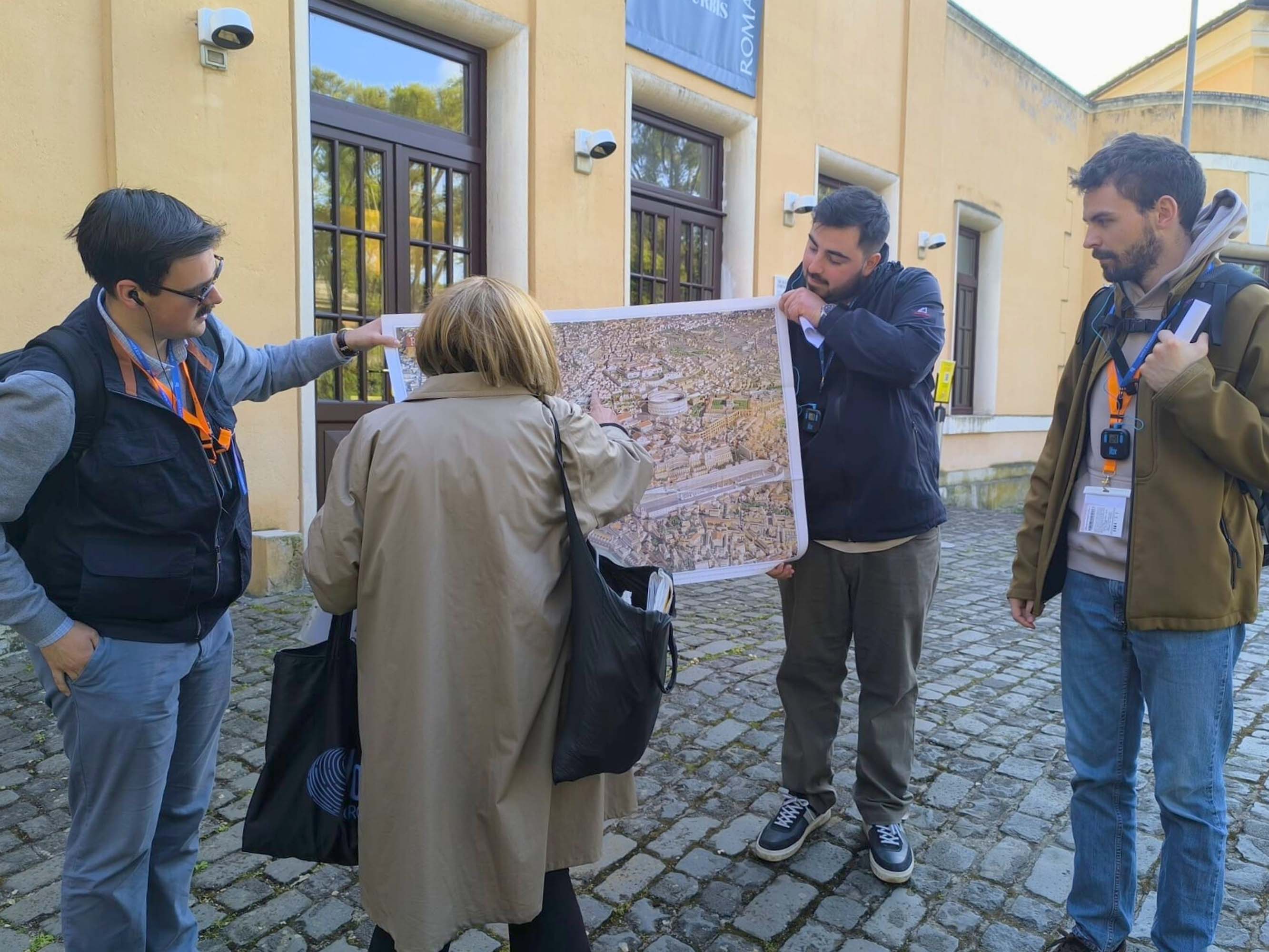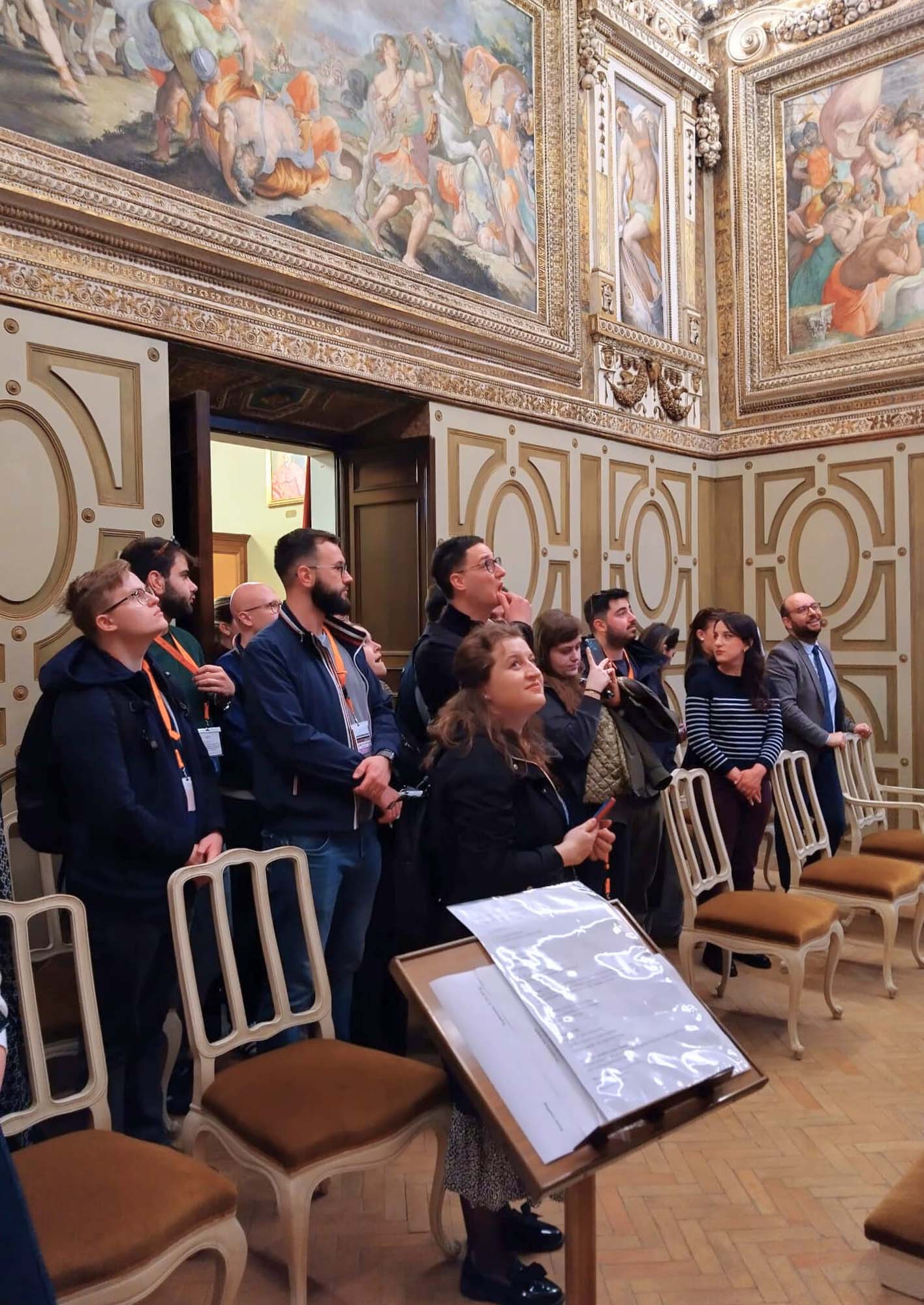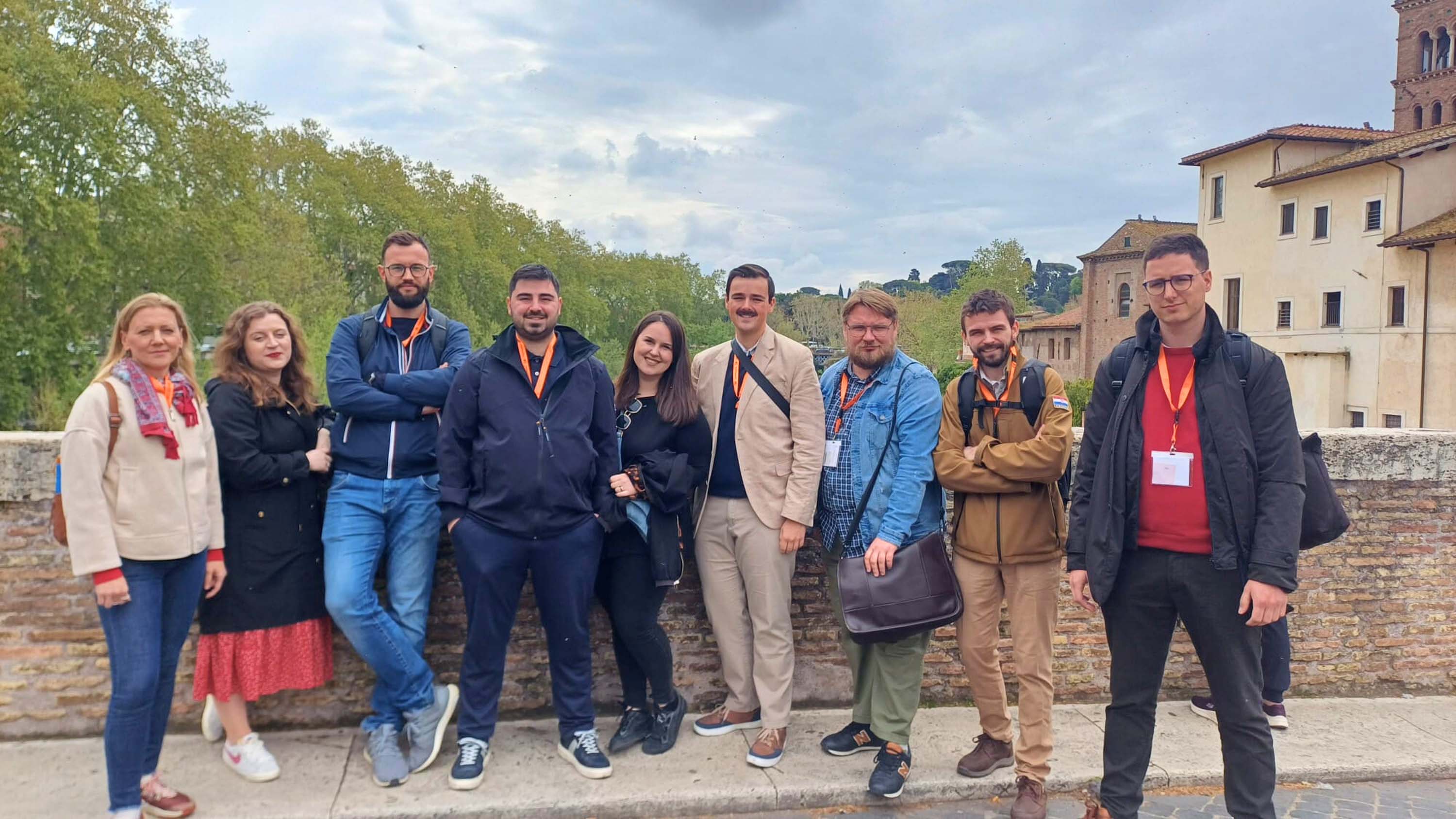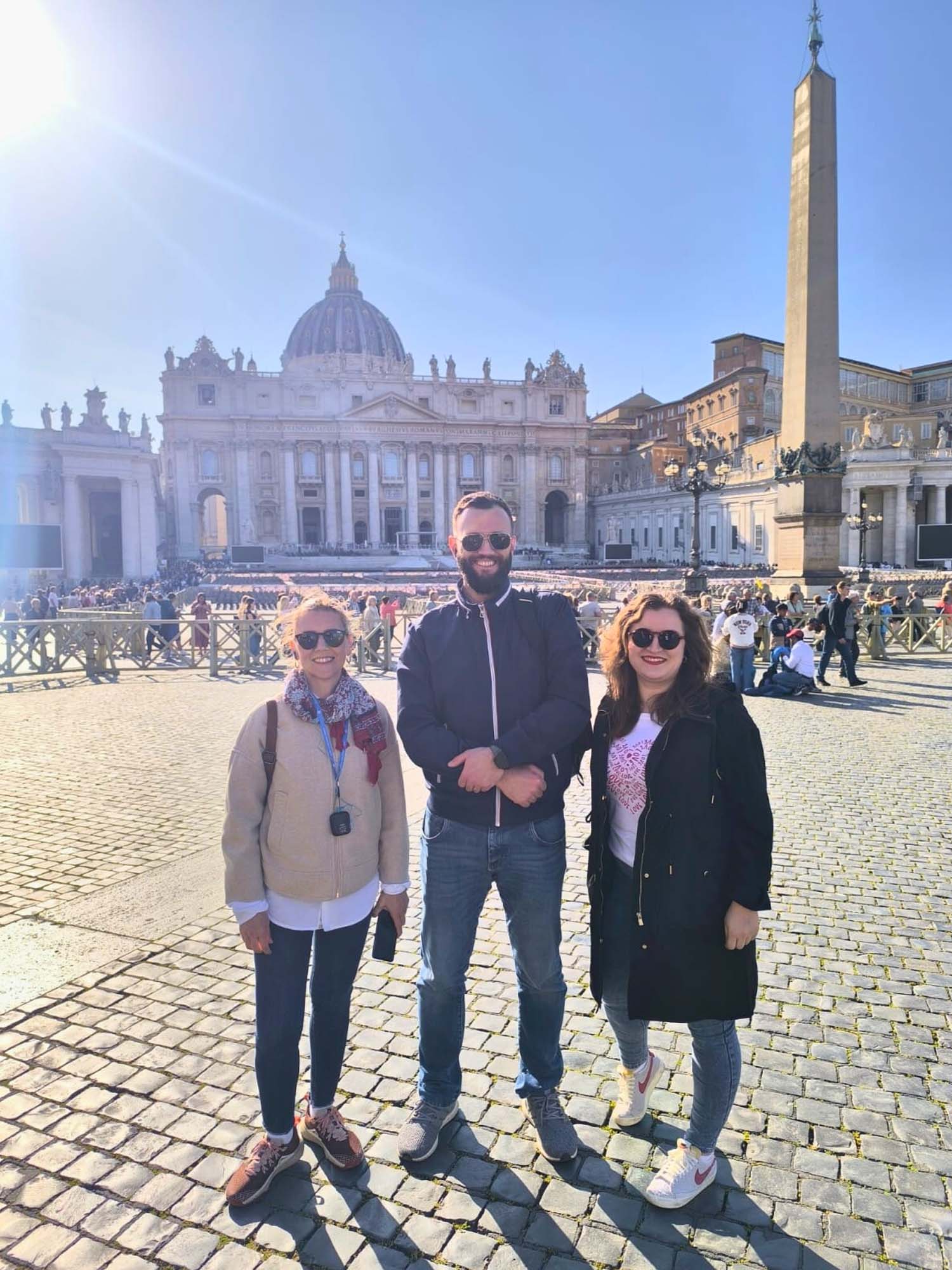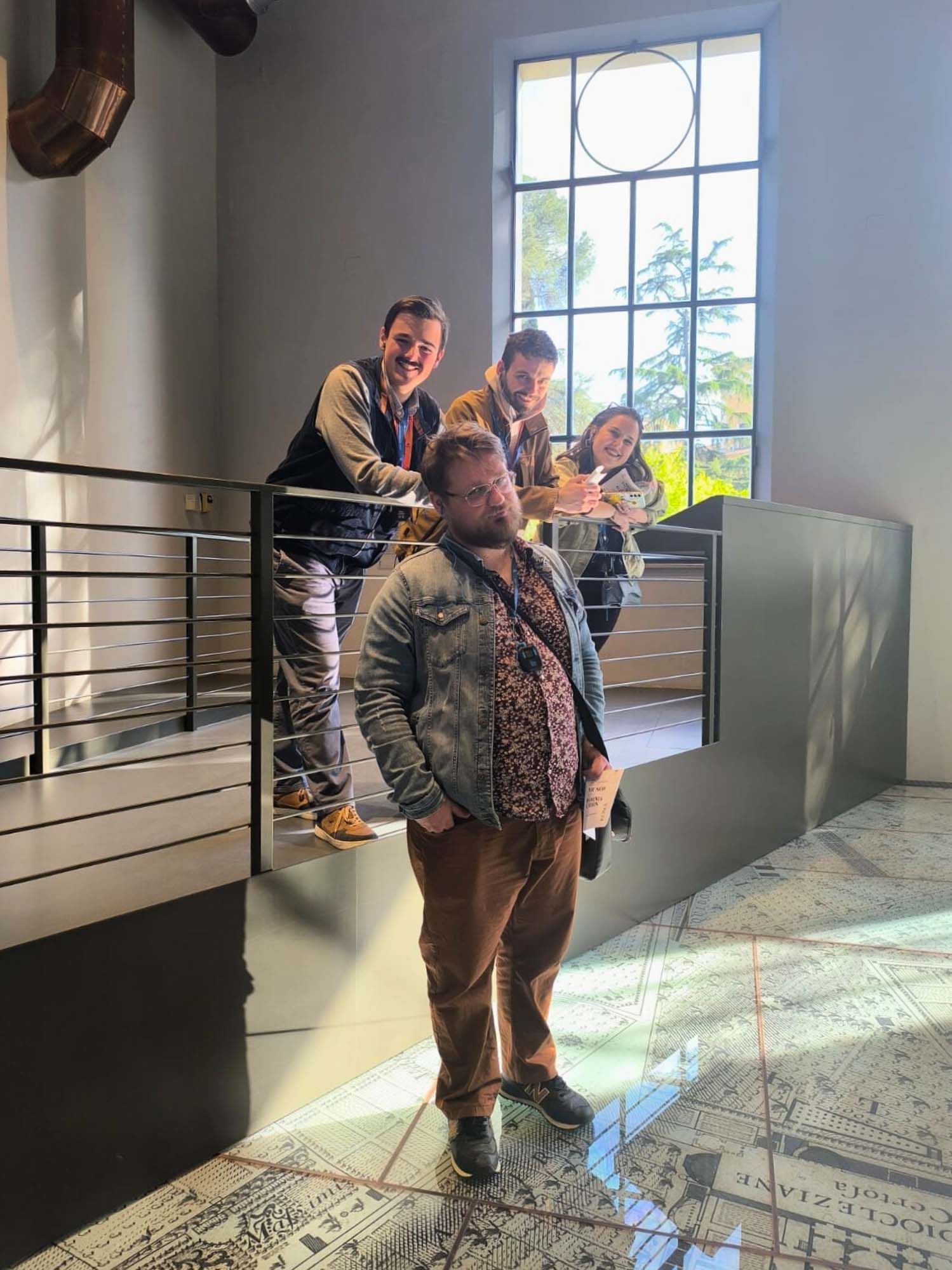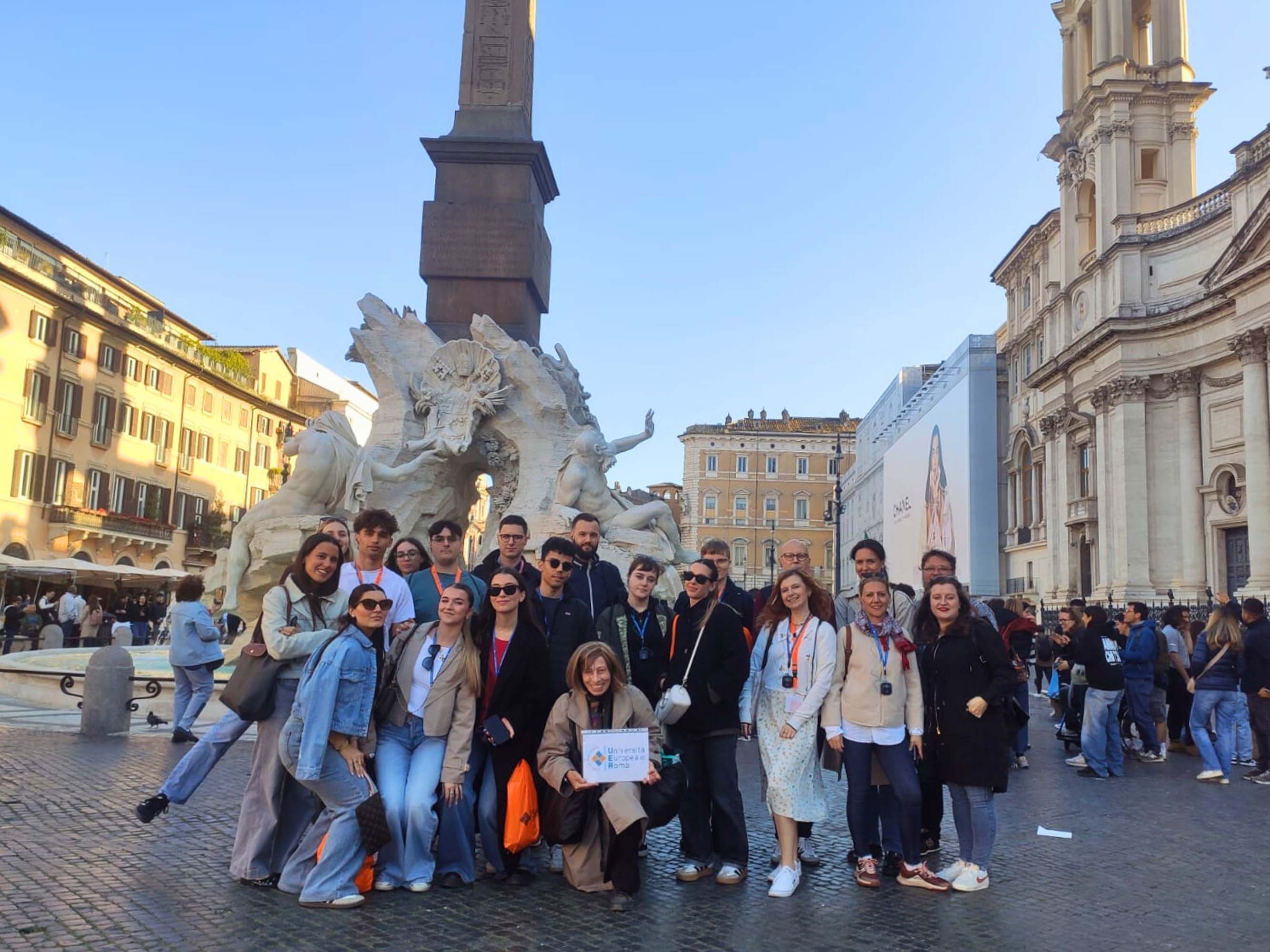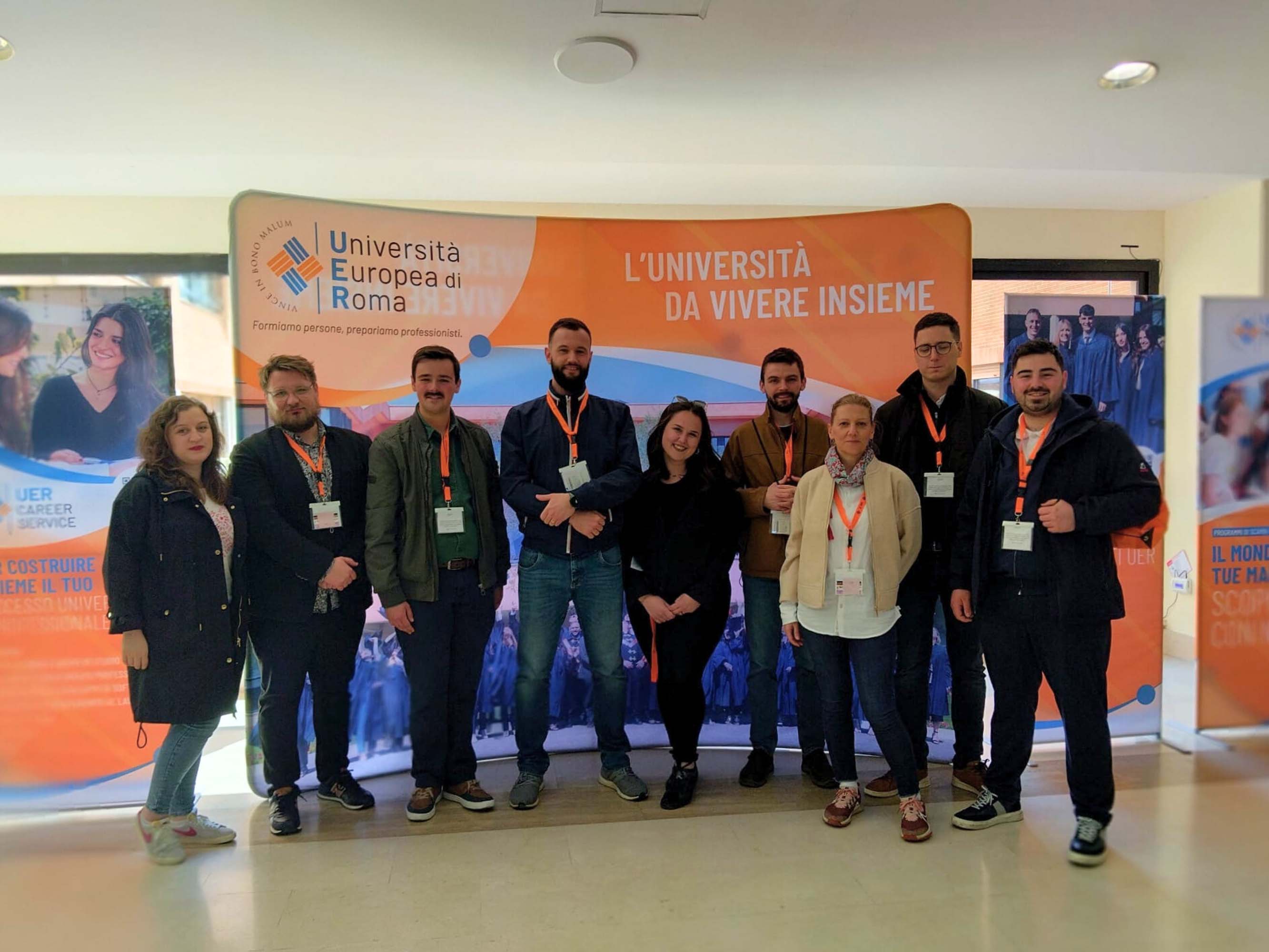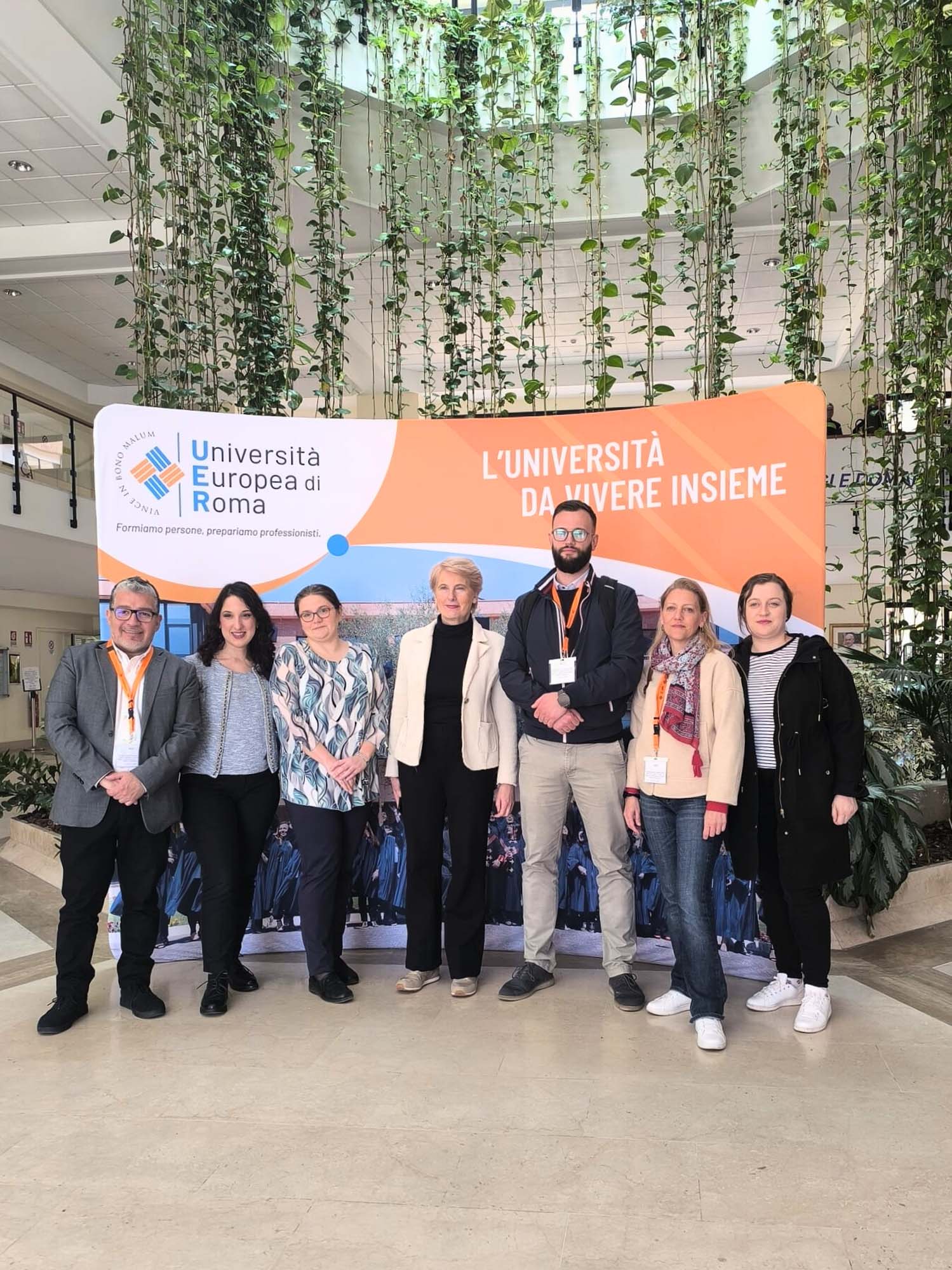Share
History and Heritage Week of the Eternal City for CUC history students as part of the Erasmus program 'Rome at the origins of Europe'
The Department of History of the Catholic University of Croatia is participating in the Erasmus Blended Intensive Program (BIP) entitled "Rome at the origins of Europe. The legacy of a multilayered city" shared by different communities. The program runs from February to May 2025, with a week of intensive classes held live in Rome from 7 to 12 April.
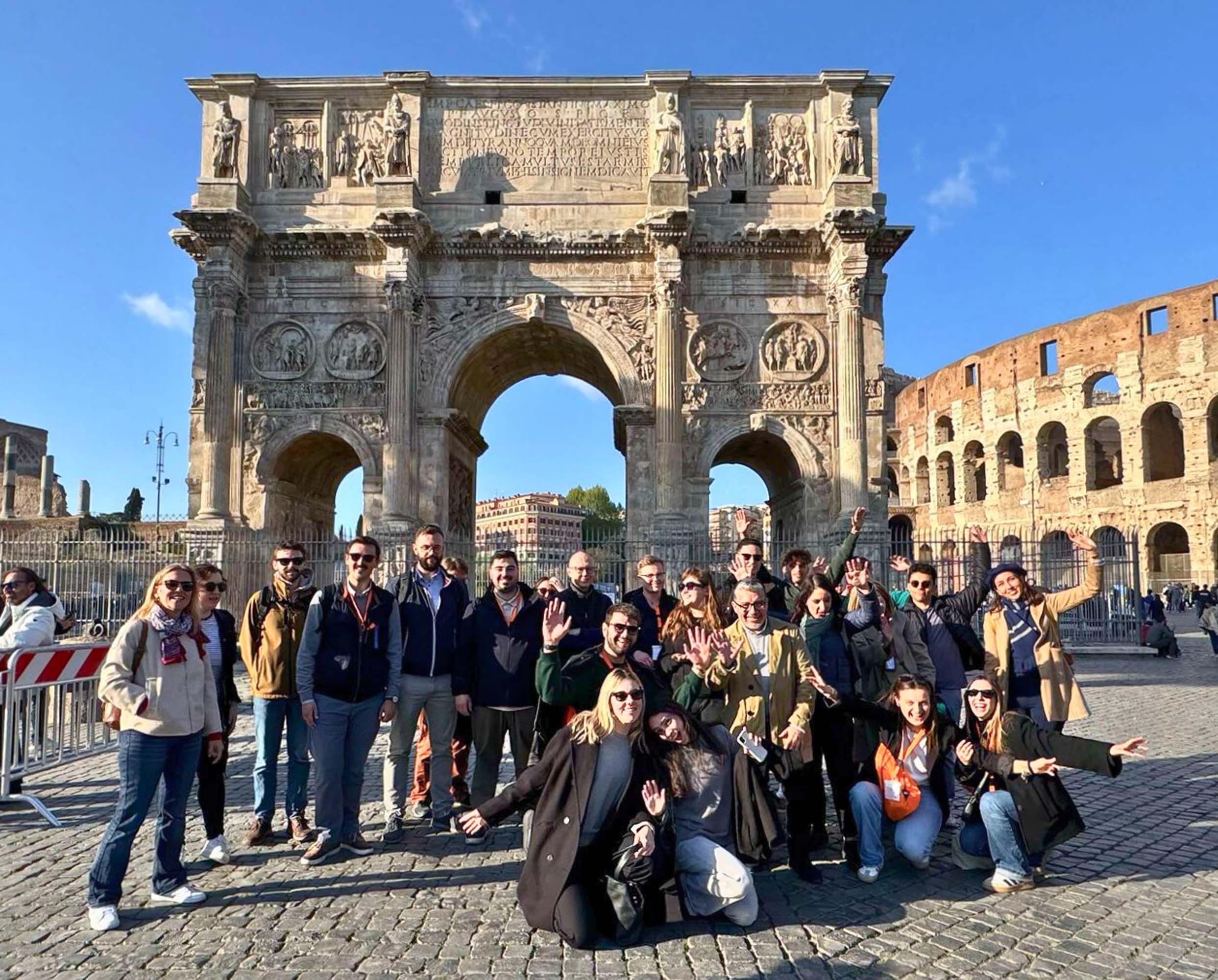
The European University in Rome (UER) has designed this programme for members of the European Federation of Catholic Universities (FUCE) with the aim of exploring Rome as a centuries-old centre of Christianity and European cultural heritage. The programme highlights the unique role that Rome played in the development of a common European identity and values that laid the foundations of today’s European Union. The programme is led by Prof. Dr. Sc. Renata Salvarani, Full Professor of Christian History at the European University in Rome and Director of the Research Centre for Heritage and Territory (CeSHeT), who implements the programme with the support of Elena Lecci from the UER’s International Relations Office. Six partner universities participate in the programme: the Catholic University of Croatia (Zagreb), the Universidad Católica de Murcia (UCAM), the Universidad Católica de Valencia (UCV), the Apor Vilmos Catholic College (Hungary) and the Cardinal Stefan Wyszynski University (Warsaw). The aim of the programme is to provide students with a unique opportunity to directly explore Roman historical sites and to encourage the development of a critical understanding of common European heritage and values. Nine participants from the Catholic University of Croatia are participating in the project: six students of different levels of history studies (Adrijana Kikić, Nikola Budor, Hrvoje Crnogaj, Luka Mihanović, Jakov Blagojević and Ante Matuško) and three mentors - Assoc. Prof. Dr. Sc. Kristina Puljizević, Dr. Sc. Filip Hren, senior assistant, and Veronika Novoselac, mag. hist. et mag. comm., assistant.
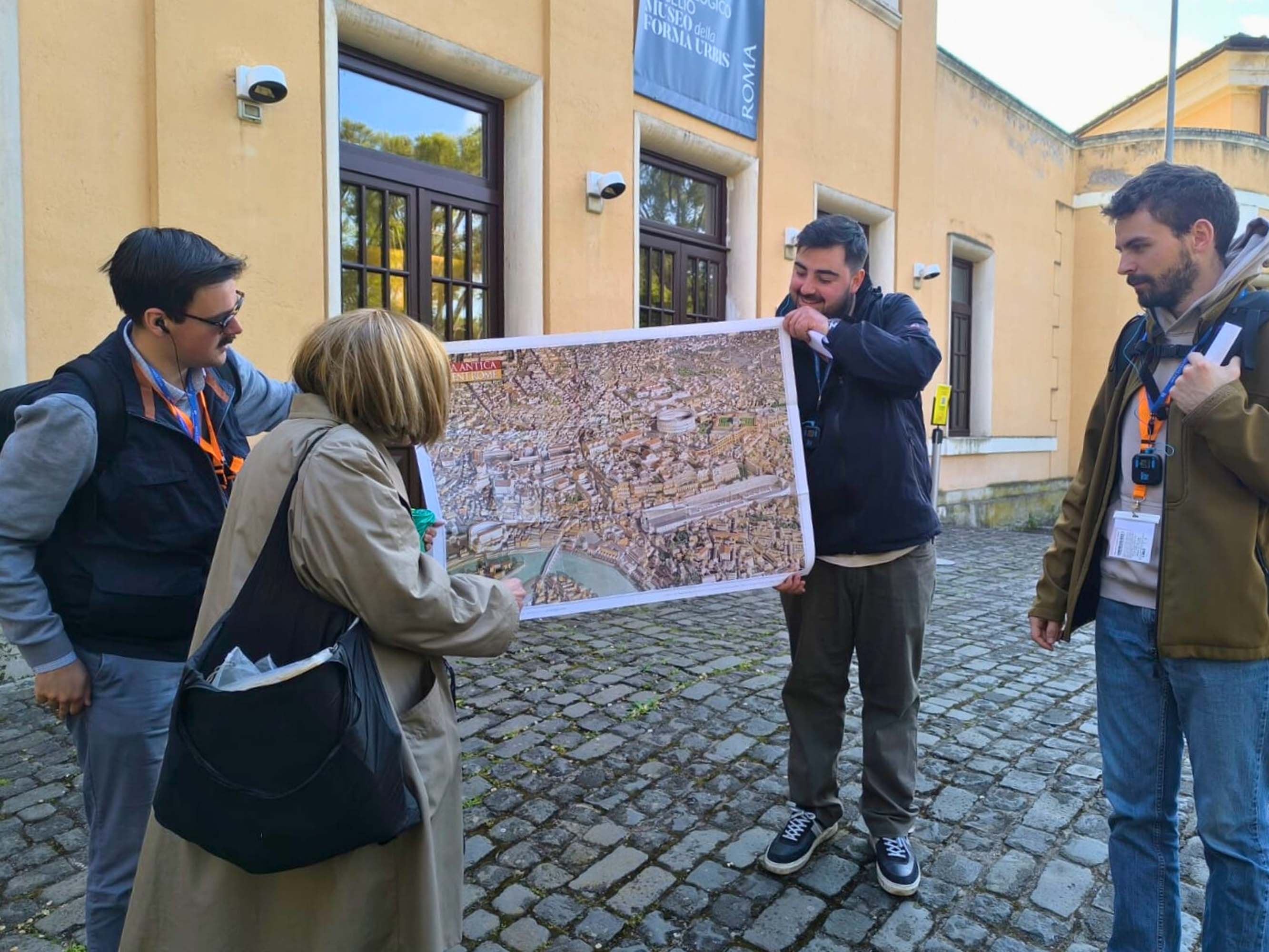
The intensive week of classes in Rome (7-12 April 2025) included a rich program of activities that allowed participants to explore Rome's historical and cultural heritage. The program began with a mentoring workshop and an organized tour of the European University in Rome campus, followed by a guided walk through the city. Participants had the opportunity to visit the Vatican, the Pantheon and other significant locations in the historic center of Rome, learning about the rich history and cultural heritage of the Eternal City. During the six-day program, they participated in a series of lectures, including Renata Salvarani, Andres Jaime Valencia Perez and Aleksandra Syryt, who spoke on topics such as religious freedom, minority and majority groups, Christianity in Rome and the Roman Catholic legal tradition in the European legal system. They also visited a number of significant historical sites, including the Apostolic Penitentiary under the expert guidance of Dr. Ugo Taraborrelli, the Jewish Museum and Ghetto, the Celio Hill and the Forma Urbis Museum, as well as the tomb and Basilica of St. Peter. A special experience was a walk through the rural archaeological landscape along the Appian Way, with a visit to the Appia Antica Regional Park where a round table was held on the topic of Heritage, Valorization and EU Values.
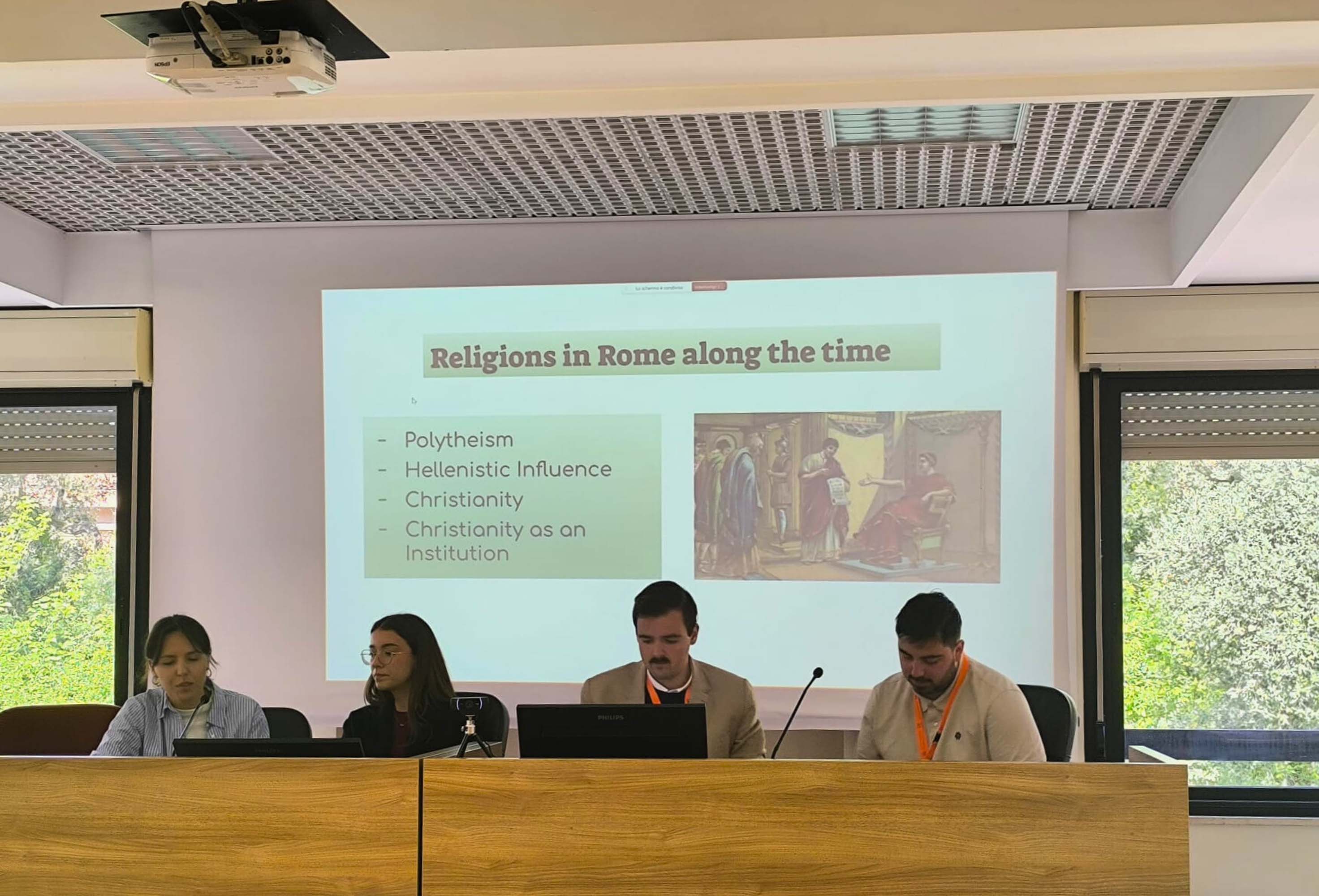
The week of intensive teaching was structured around working groups that were formed at the introductory meeting. These international and interdisciplinary groups enabled participants to actively exchange ideas and experiences through specific roles assigned to each student (speaker, discussant, photographer, information organizer). The groups were thematically organized around five key areas: the origins of the city as a civilization; minority and majority groups in urban contexts, religions and institutions; legal systems and cultural processes; and Urbs et orbs: the city and its universal role. On the last day of the program, a final meeting was held at the European University in Rome (UER), where students presented the results of the group work and shared their reflections on the understanding of Rome, its heritage, valorization and the role of young people. Our students, with their dedicated work, represented the University Department of History and their University in an excellent way.
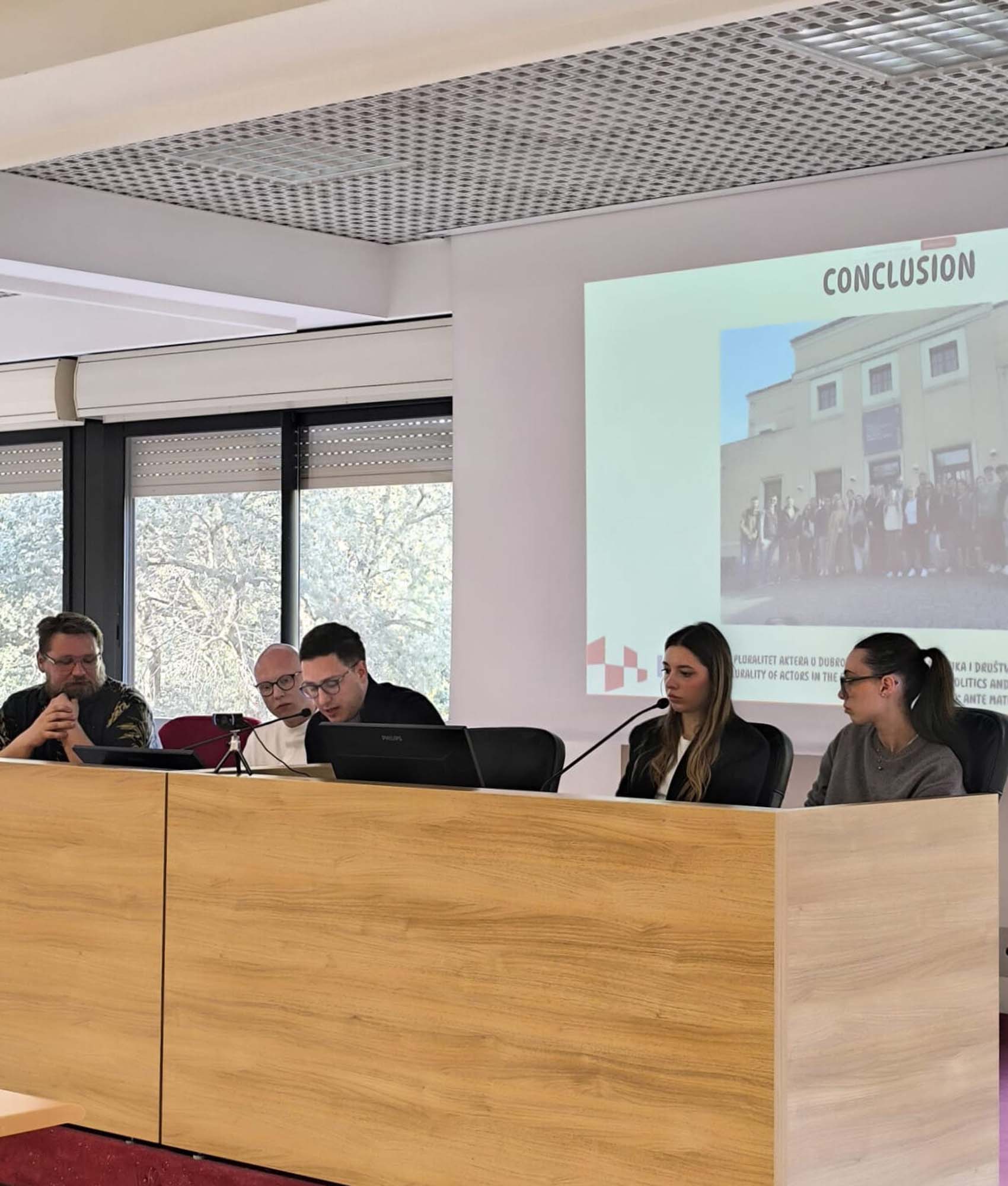
This international program contributes to an interdisciplinary understanding of Rome as the cradle of European civilization, providing insights into the connections between heritage, religion, law and identity. The experience strengthens intercultural cooperation and creates a network of contacts among young researchers from different European countries. The participation of the Catholic University of Croatia confirms its recognition in the European academic space and opens opportunities for further international cooperation.
